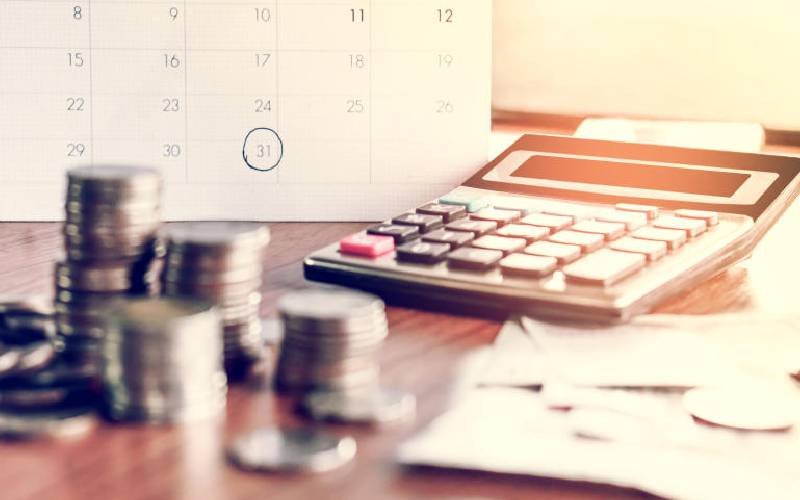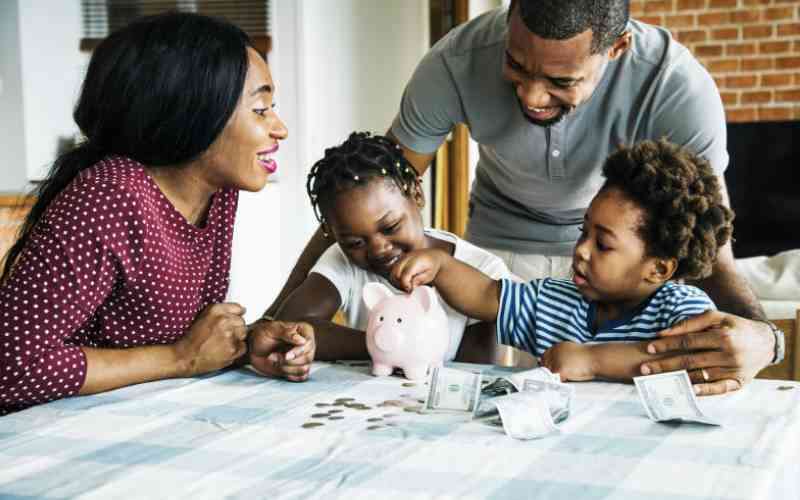
We speak to Mucha Mlingo, 44, on what emotional intelligence has to do with your finances
What do you do for a living?
I am an emotional intelligence Coach. I am on a mission to empower individuals, teams and organisations to tap into the power of their emotions to build the capacity to create the future they want.
I am the founder and lead changemaker at PTS Africa – a boutique consulting firm dedicated to the development of people since 2010. At PTS Africa, we are in the business of transformation.
We are committed to creating great learning and development interventions based on current research about the brain and how learning for change occurs.
We apply world-class Emotional Intelligence processes, methodology and tools to effect lasting change. We provide three key services – Emotional intelligence coaching, assessment and based learning interventions.
What is emotional intelligence?
Emotional intelligence is being smarter with feelings, leveraging thinking and feeling to make optimum decisions. It is being more aware, more intentional and more purposeful.
What does emotional intelligence have to do with one’s finances?
Financial emotional intelligence is understanding what you feel about money, and understanding why you feel that way, which is extremely important, especially if there is any dysfunction.
The reality is that for the most part, we make what appears to be rational decisions, but those decisions are actually driven by emotions – as opposed to ideas, data, or analysis.
Financial emotional intelligence helps one to make better decisions, leveraging head and heart.
How does lack of emotional intelligence affect a person’s life?
Emotions drive behaviour. Having a low financial emotional intelligence is like driving wearing a blindfold – a recipe for disaster.
It can cause one to get into debt and it can lead one to engage in a lifestyle that they cannot afford, all because they believe that they are only worthy if they keep up with the Joneses.

Emotional intelligence is often lacking with women under 30 or in their early 30s?
I trained as a financial advisor, and one of the greatest pieces of advice I always shared with my clients is that your 30s is the best time to start preparing for retirement and working towards your financial freedom.
Far too many young African women still live life with no regard to their finances, believing that a knight in shining armour will come charging on a white horse and save them, setting them up financially.
I suspect that this ‘dysfunction’ – if I can be frank and call it what it is, is born out of socialisation. Women are brought up to believe that as the breadwinner, their husband/partner is the one who will provide. When I was pursuing my Master's degree, an aunt said I should wait until I was married or else, I would struggle to find a man to marry me.
There were similar comments when my sister and I bought our first house. And it is these perceptions that keep women broke and dependent.
My advice to women is that financial emotional intelligence is rooted in self-awareness. Understanding how your emotions are showing up in the decisions you make about money, and choosing to do things differently when your choices are no longer aligned with your values.
What are the signs of unhealthy and dysfunctional relationships with money?
There are a number of signs of an unhealthy relationship with money: the first is the belief that money is the solution to all your problems – your life will be better, you will have stronger relationships, you will enjoy your job more when you have more money.
Another is that money is simply a tool. Yes, we all desire to have enough to meet our needs with a little extra, but life starts now, whatever your financial status.
Happiness does not come wrapped in one-thousand-shilling notes. There is also a tendency that many of us have to equate being rich with being evil or corrupt.
Whilst there are those who have gotten rich through ill-gotten gains, it is still possible to build wealth in ethical and honest ways. As long as you view money as being evil, you will never be able to hold on to it.
The last is a constant litany of excuses, blaming circumstances for being in a bad space financially. There is always something that you can do to turn around your finances, however small.
What are the signs of a healthy relationship with money?
An individual who has a healthy relationship with money is a good steward of all they own and spends money based on their values.
They are intrinsically motivated – yes, they may want to earn more and live a certain lifestyle, but money is not an obsession.
An individual with a healthy relationship with money knows how to balance spending and saving, and has a long-term view of their finances, managing debt, saving money to meet goals, and building a safety net.
Any parting shot or advice for women with regard to financial intelligence?
Being in touch with our emotions, specifically how they impact our decision-making, and priorities is the key to developing a positive relationship with money and realising our financial goals.
 The Standard Group Plc is a multi-media organization with investments in media
platforms spanning newspaper print
operations, television, radio broadcasting, digital and online services. The
Standard Group is recognized as a
leading multi-media house in Kenya with a key influence in matters of national
and international interest.
The Standard Group Plc is a multi-media organization with investments in media
platforms spanning newspaper print
operations, television, radio broadcasting, digital and online services. The
Standard Group is recognized as a
leading multi-media house in Kenya with a key influence in matters of national
and international interest.











